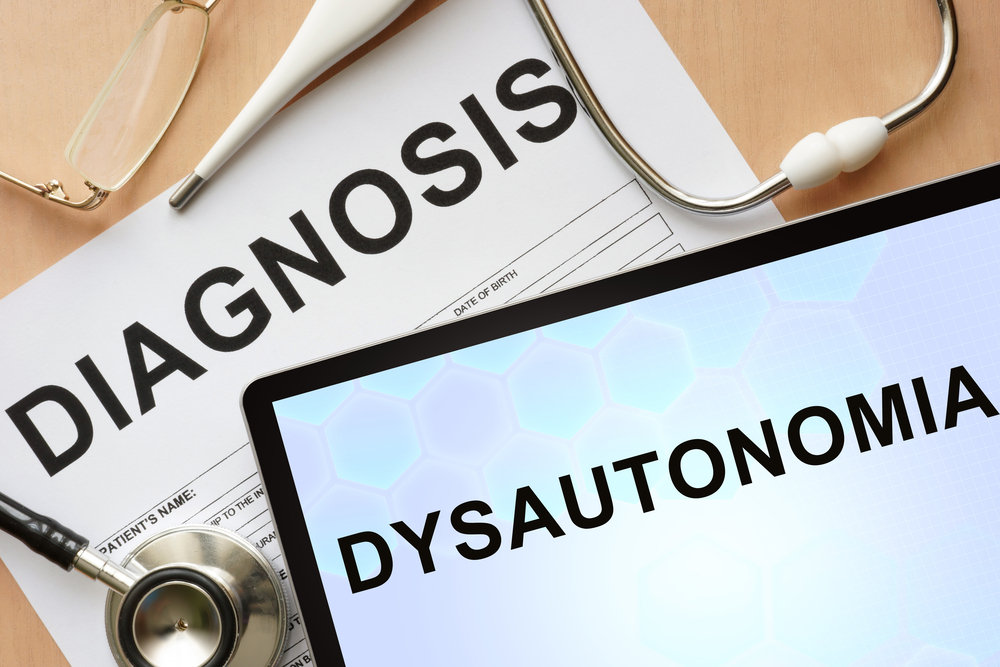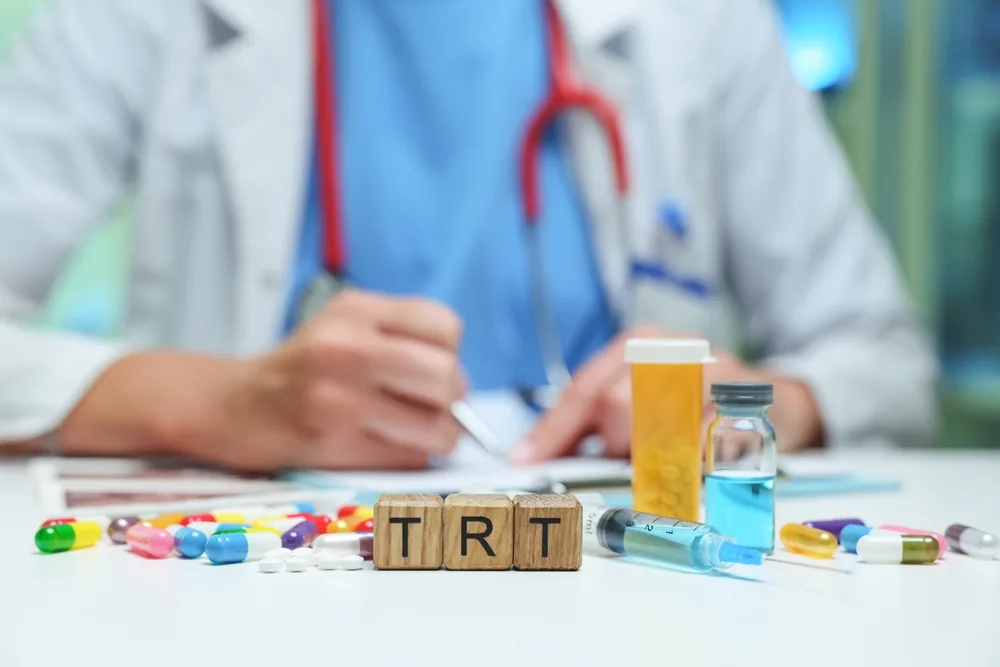What is dysautonomia? This general term applies to various conditions that affect your autonomic nervous system, an area of your nervous system responsible for functions you don’t have to think about– body temperature, breathing, heart rate, digestion, sweating, etc. Having dysautonomia means that one or more of these natural processes aren’t functioning correctly, and autoimmunity is often associated with dysautonomia, making the treatment even more complex. One of the most common forms is POTS, which stands for postural orthostatic tachycardia syndrome. Our functional medical clinic has experience working with individuals suffering from autoimmune conditions and dysautonomia, so keep reading to learn more about our approach to POTS.
POTS: Postural Orthostatic Tachycardia Syndrome
 POTS affects your blood pressure and heart rate when you go from sitting or lying down to standing up. Symptoms can vary in intensity and come and go, with each case being different. Common symptoms of POTS include dizziness and lightheadedness (particularly when standing up or during periods of prolonged standing or walking), fainting or near fainting, racing heart rate and heart palpitations, brain fog/forgetfulness, shakiness/sweating, nervousness/anxiety, shortness of breath, chest pain, fatigue, headaches, and nausea
POTS affects your blood pressure and heart rate when you go from sitting or lying down to standing up. Symptoms can vary in intensity and come and go, with each case being different. Common symptoms of POTS include dizziness and lightheadedness (particularly when standing up or during periods of prolonged standing or walking), fainting or near fainting, racing heart rate and heart palpitations, brain fog/forgetfulness, shakiness/sweating, nervousness/anxiety, shortness of breath, chest pain, fatigue, headaches, and nausea
What Causes POTS?
There is growing evidence that supports autoimmune disease (where your immune system attacks itself for no reason) being a direct link to dysautonomia and POTS; however, there are currently 3 main causes of types of POTS: neuropathic– when a loss of nerve supply results in poor blood vessel and muscle control; hyperadrenergic– when your sympathetic nervous system aka fight or flight response works too hard; and hypovolemic– when low blood volume leads to dysautonomia symptoms.
How We Approach POTS Treatment
So is POTS treatable? Yes! While there is no cure, there are certain steps you can take to manage your symptoms, mainly diet and exercise habits, along with targeted supplements. Here are some of our recommendations we include in our treatment plans:
A Balanced Diet
 Increase fluids– drinking plenty of water as well as electrolytes and other beverages such as coconut water.
Increase fluids– drinking plenty of water as well as electrolytes and other beverages such as coconut water.- Add more salt to your diet– increasing sodium intake in addition to drinking more fluids can help with blood volume; try eating more pickles, olives, canned fish, and nuts.
- Eat smaller, more frequent meals.
- Reduce caffeine (particularly energy drinks) and alcohol consumption.
- Prioritize high-protein meals with less refined carbohydrates.
- Include more potassium and magnesium-rich foods like bananas, avocado, dark leafy greens, and nuts.
Best Vitamins & Supplements For POTS
Under the guidance of a medical professional, adding certain vitamins and supplements can be beneficial in managing POTS. The following suggestions have known antioxidant benefits as well as supporting optimal health, energy production, nervous system function, and more:
Vitamins: B complex (especially B12), C, D, and magnesium
Supplements: electrolyte drink mixes, Omega-3s, licorice root, CoQ10, and L-carnitine
Do you think you might be experiencing dysautonomia symptoms and want to learn more about a possible POTS diagnosis and treatment plan? Request a functional medicine consultation with one of our experts today and let us help you take control of your health!


 Increase fluids– drinking plenty of water as well as electrolytes and other beverages such as coconut water.
Increase fluids– drinking plenty of water as well as electrolytes and other beverages such as coconut water.








